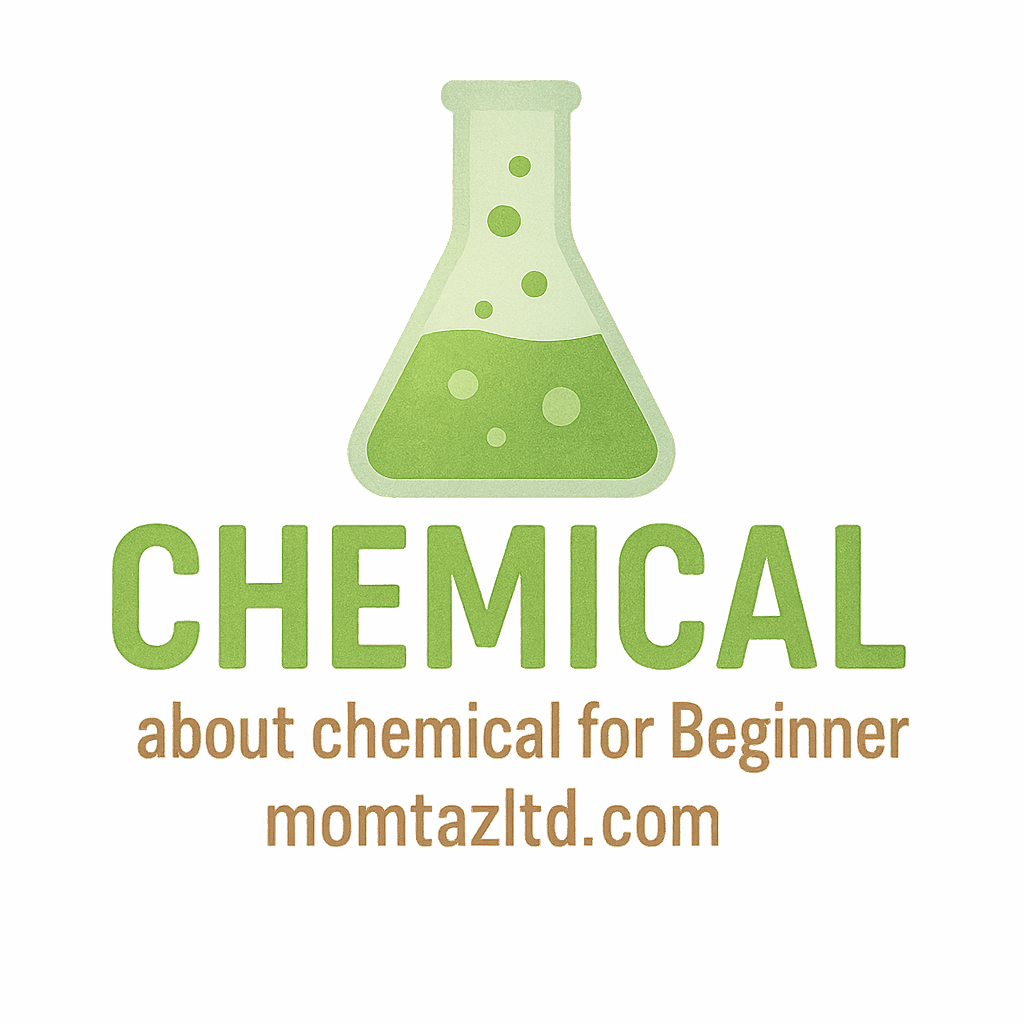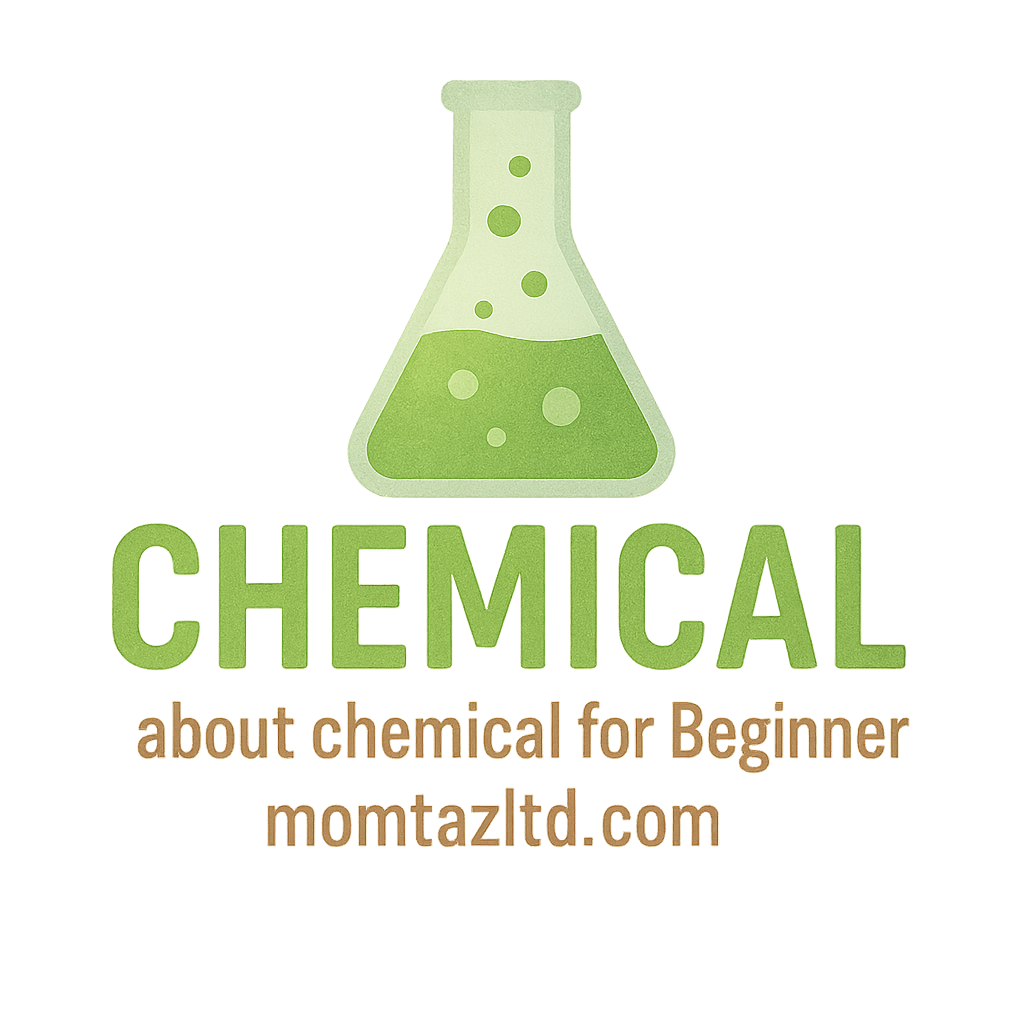Introduction to Chemical Safety at Home
When most people think of chemicals, they picture complex laboratory experiments or massive industrial plants. But in reality, chemicals are everywhere in our homes—under the kitchen sink, in the bathroom cabinet, and even in the garage. If you’re just starting to explore beginner chemistry at home, understanding chemical safety is your first step to staying safe.
Why Chemical Safety Matters for Beginners
Learning the basics of chemistry can be exciting. However, without the right precautions, even everyday household chemicals can turn risky. Think of it this way: fire helps us cook, but mishandling it can burn down a house. The same principle applies to chemicals—knowledge and safety go hand in hand.
Common Risks of Household Chemicals
From bleach to ammonia, simple cleaners can cause burns, toxic fumes, or dangerous reactions. According to experts at household chemicals, improper use is one of the top causes of accidental poisonings at home.
Understanding Beginner Chemistry at Home
Beginners often underestimate the power of simple reactions. Even combining vinegar and baking soda produces gas that needs ventilation. Resources like beginner chemistry guides help learners explore safely without risk.
Golden Rule #1: Always Read the Labels Carefully
Before you open a bottle or spray a surface, the label is your best friend.
Decoding Hazard Symbols
Symbols warn you about risks like flammability, toxicity, or corrosion. The chemical basics page explains these icons in detail for beginners.
Checking Expiry Dates
Expired chemicals can become unstable or lose effectiveness. Never ignore these small print details.
Golden Rule #2: Use Proper Storage for Chemicals
Improper storage is like leaving matches next to firewood—an accident waiting to happen.
Separate Household and Industrial Chemicals
Avoid mixing storage spaces. Keep industrial products (see industrial chemicals) separate from regular cleaning supplies.
Importance of Childproof Storage
Kids are naturally curious. Secure cabinets and locks are non-negotiable. Chemical storage tips can guide you in setting up a safe space.
Golden Rule #3: Wear Protective Gear When Handling Chemicals
Even when dealing with small experiments, safety gear is your shield.
Gloves, Goggles, and Masks
These three basics prevent direct contact and inhalation. Professionals in laboratory chemicals always use them—so should you.
Clothing Considerations
Avoid loose sleeves or synthetic fabrics that can absorb or catch fire.
Golden Rule #4: Ventilate Your Workspace
Airflow is your invisible ally when dealing with fumes.
Open Windows and Fans
Simple ventilation drastically reduces risks from cleaning sprays or reactions.
Avoiding Confined Spaces
Never experiment in bathrooms or small pantries. Toxic gases can accumulate quickly.
Golden Rule #5: Never Mix Chemicals Without Knowledge
Curiosity is good—but reckless mixing is not.
Dangerous Household Mixtures
Mixing bleach and ammonia creates deadly fumes. Many chemical accidents at home start this way.
Safe Experiments for Beginners
Stick with safe lab experiments like vinegar and baking soda before moving on.

Golden Rule #6: Handle Spills Immediately and Correctly
Spills happen, but the response time matters most.
Using the Right Cleaning Materials
Paper towels might not be enough. Absorbents and neutralizers are safer options.
Safe Disposal After Spills
Never flush hazardous spills down the sink. Use proper disposal as guided by chemical safety practices.
Golden Rule #7: Keep Emergency Contacts and First Aid Ready
Preparedness saves lives.
Knowing Poison Control Numbers
Always keep emergency numbers visible in your workspace.
Creating a Chemical First Aid Kit
Include eyewash, neutralizing agents, and gloves. Learn from chemical scientists about what works best.
Golden Rule #8: Dispose of Chemicals Responsibly
How you get rid of chemicals is as important as how you use them.
Local Disposal Guidelines
Every community has unique rules. Check with local waste services.
Avoiding Drain and Trash Disposal Mistakes
Pouring chemicals into drains can harm the environment. Explore tips from learn chemical safety.
Golden Rule #9: Practice Safe Chemical Storage Labeling
Clear labeling prevents dangerous mix-ups.
Using Clear and Permanent Labels
Never rely on memory. Permanent markers and labels are a must.
Avoiding Reuse of Food Containers
Using soda bottles for chemicals is misleading and risky.
Golden Rule #10: Keep Learning About Chemical Safety
Chemical safety isn’t a one-time lesson—it’s ongoing.
Beginner Chemistry Resources
Websites like learn from experts and practice chemistry offer safe pathways for growth.
Following Expert Advice
Stay updated with chemical inspiration and always consult reliable resources.
Practical Tips for Everyday Household Chemical Use
Cleaning Safely with Household Chemicals
Dilute concentrated solutions, never overuse sprays, and rinse surfaces properly.
Reducing Chemical Dependency at Home
Explore natural options like vinegar, lemon, or baking soda for safer cleaning. See home tips for simple replacements.
Conclusion
Chemicals are part of daily life, but without respect and caution, they can cause harm. By following these 10 golden safety rules, beginners can confidently explore chemistry at home while protecting themselves, their families, and their environment. Remember—safety isn’t about fear; it’s about empowerment through knowledge.
FAQs
1. What is the most important chemical safety rule for beginners?
Always read the label before using any chemical.
2. Can I mix vinegar and baking soda safely?
Yes, but only in ventilated areas and small quantities, since it produces carbon dioxide gas.
3. Why should I avoid reusing food containers for chemicals?
It can cause dangerous mix-ups and accidental ingestion.
4. Do I need protective gear for small home experiments?
Yes, even small splashes can damage skin or eyes.
5. How do I safely dispose of expired household chemicals?
Follow local disposal guidelines instead of pouring them down the drain.
6. What should I keep in a chemical first aid kit?
Gloves, eyewash solution, absorbents, and emergency contacts.
7. Where can beginners learn safe chemistry experiments?
Resources like Momtaz Ltd and its lab experiments section are excellent starting points.


